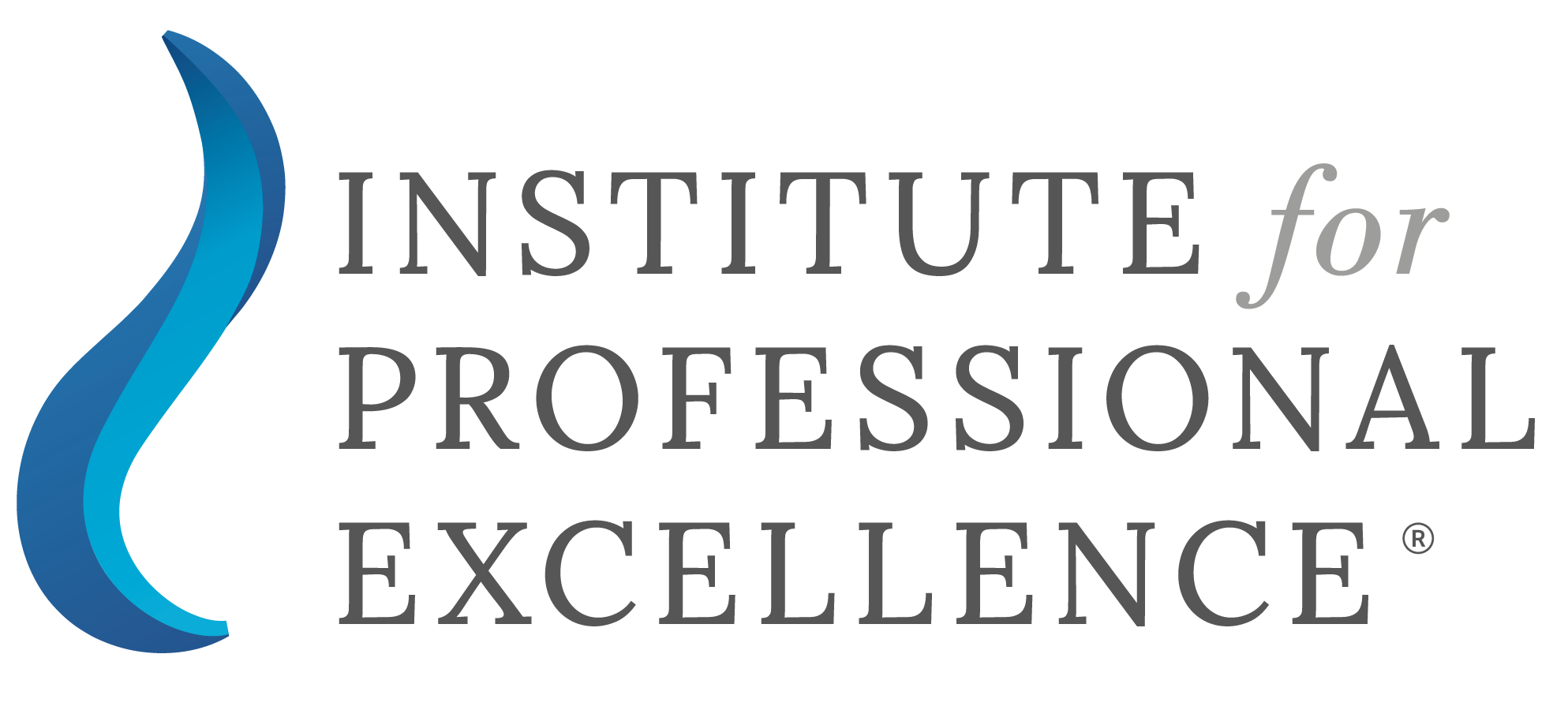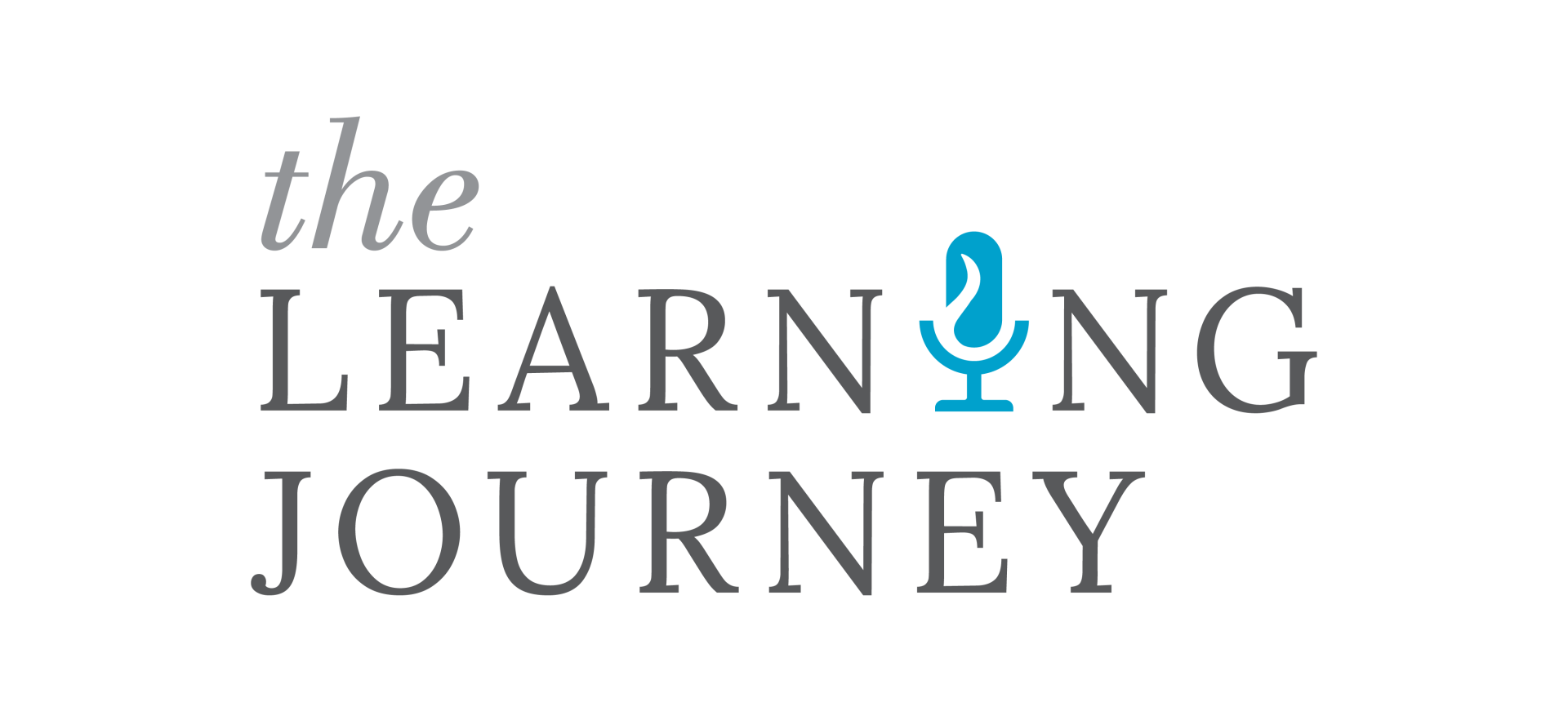The significance of Continuing Professional Development
An organisation’s bottom line is to grow and succeed. The only way to do this is for its workforce to continue discovering new and better ways of enhancing the organisation at all levels. Performing at a faster, stronger, and better rate by learning new skills and honing existing competencies. Thus, this is where Continuing Professional Development comes into play, also known as CPD.
What is Continuing Professional Development?
In essence, CPD is the ongoing process of learning and developing within your profession. CPD ensures you remain competent in your role and execute your responsibilities at the expected professional level.
You can think of undertaking CPD learning as a way of polishing your skillset and competencies. By continuing your education and learning within your profession, it ensures you remain relevant to the industry’s latest developments. As with any profession and industry, new developments are a natural occurrence. Hence, professionals operating within any industry must continue their learning and development throughout the course of their careers.
A common misconception in the professional context is once you receive your academic qualifications it means you are certified to perform your role and responsibilities competently for the remainder of your professional career. In contrast, as the professional context within your industry changes, your skills and competencies naturally decline.
Why is Continuing Professional Development important?
Simply put, by continuing your professional development you mitigate the risk falling behind industry trends, colleagues, and lowering your level of competence.
In addition, numerous regulatory or professional bodies in many industries across the globe, mandate for their workforce to demonstrate they have completed a minimum number of CPD units per annum. Failure comply may result in a license or registration revocation.
In Cyprus for example, the Cyprus Securities and Exchange Commission (CySEC), the Cyprus Bar Association (CBA) and the Institute of Certified Public Accountants of Cyprus (ICPAC) require their certified professionals to undertake a minimum number of CPD units to be able to practice within their field.
Currently, CySEC offers three types of certifications:
- CySEC Advanced certification
- CySEC Basic certification
- CySEC Anti-Money Laundering (AML) certification
The table below demonstrates the number of annual CPD units a certification holder is required to complete to uphold their certification and legally practice.
| Certification type | CySEC Advanced | CySEC Basic | CySEC AML |
| Number of annual CPD units required | 15 | 10 | 10 |
Bear in mind that a professional may also hold a combination of CySEC certifications. In this case then:
- CySEC Advanced and AML certification holders must complete a total of 20 CPD units.
- CySEC Basic and AML certification holders must complete a total of 15 CPD units.
Acquiring a CySEC certification and becoming a certified
member in CySEC’s Public Register has numerous advantages. If you are working
in financial services or investment services in Cyprus, it is a great tool to
progress or kick-start your career within the industry. We published a blog
post earlier this month talking all about why a financial services professional in
Cyprus needs to be CySEC Advanced certified.
The CySEC annual CPD requirement example provided above is
just one of many across the globe. Although numerous NCA require the fulfilment
of annual CPD units, there are also a significant number of industries and
professions that do not.
- Remaining up to speed with industry developments
Staying on top of emerging trends can be greatly rewarding. Think about how much has changed over the last couple of years since the pandemic started in all aspects of life. Working from home has become a new norm for a number of professionals. Having the knowledge to seamlessly transition from face-to-face meetings to use online tools such as Teams or Zoom played a crucial role in how quickly organization were able to adapt. The financial sector for example, has shifted from traditional banking methods to online and e-banking. If you work in banking, prioritizing learning how to optimise operations within your role and responsibilities will ensure you remain up to par with the recent advancements.
- Improving your job performance
In synergy with our previous point, keeping pace with the industry will help improve your job performance. Whilst building work experience in changing environments and undertaking CPD learning, you will naturally learn how to perform your role more effectively. Additionally, it will enable you to spot new opportunities and can even lead to career progression.
- Career progression
Continuing to learn through professional development can be highly rewarding. Partaking in CPD related to your career can help set you apart from colleagues and help accomplish your career aspirations.
- Create new opportunities
CPD is able to create new opportunities for you. If you are
unsatisfied with your current career path, learning new skills can help pave a
new career direction for you. With soft skills and work experience acting as
key components in landing a new role nowadays, learning new hard-skills can be
a great leveraging tool for your new career endeavours.
Although CPD is important in today’s professional
environment it is also becoming the norm, meaning the level of competence amongst
industry professionals is increasing. Entry-level jobs are a clear indication
of this in practice. Completing a university degree no longer holds the same
value as it once did; over the years, employers have increased candidate
screening measures to filter for the most suitable candidates for the role. Therefore,
choosing not to participate in the CPD learning process, could leave you
vulnerable to change regardless of existing knowledge or experience. Continuing
professional development is a long-term commitment to on a personal and
professional level.
What types of CPD opportunities does the Institute –
IforPE – offer?
Through our partnership with SALVUS Funds, a boutique advisory based in Europe, we
provide the educational infrastructure for their Education team to deliver a
variety of CPD courses. SALVUS Funds specialises in licensing, compliance and
internal audit for investment firms, investment funds, Electronic Money
Institutions (EMI) and Crypto-Asset Services Providers (CASP). Furthermore,
their educational material covers the Cyprus Securities and Exchange Commission
(CySEC) regulatory framework.
Our current CPD offerings are:
- The Anti-Money Laundering (AML) Duties, Responsibilities, Risks, KYC & CDD Self-Study course
- The Most CompleteTM Anti-Money Laundering (AML) Regulatory Update Self-Study course
- ICAAP and Practical Examples: Stress Testing, Capital Planning Self-Study Course
- PRIIPs & MiFID II Product Governance Self-Study Course
- The Most CompleteTM Best Execution Self-Study Course
These CPD courses are geared towards financial and
investment services professionals looking to complete their annual CPD
requirements outlined by CySEC, CBA, and ICPAC. Moreover, our CySEC tailored
CPD courses will help professionals refresh and enhance their knowledge of the
regulatory framework instilled in Cyprus and the EU.
If you have any questions about CPD or about how we can help fulfil you CPD requirements, please contact us - we would love to help.
From all of us at IforPE, the Institute for Professional
Excellence,
Ancora Imparo
navigate
The Institute for Professional Excellence is protected under a registered European trade mark. The figurative trade mark registration number is 018854840. This trade mark is protected under the European Union's legislation.

